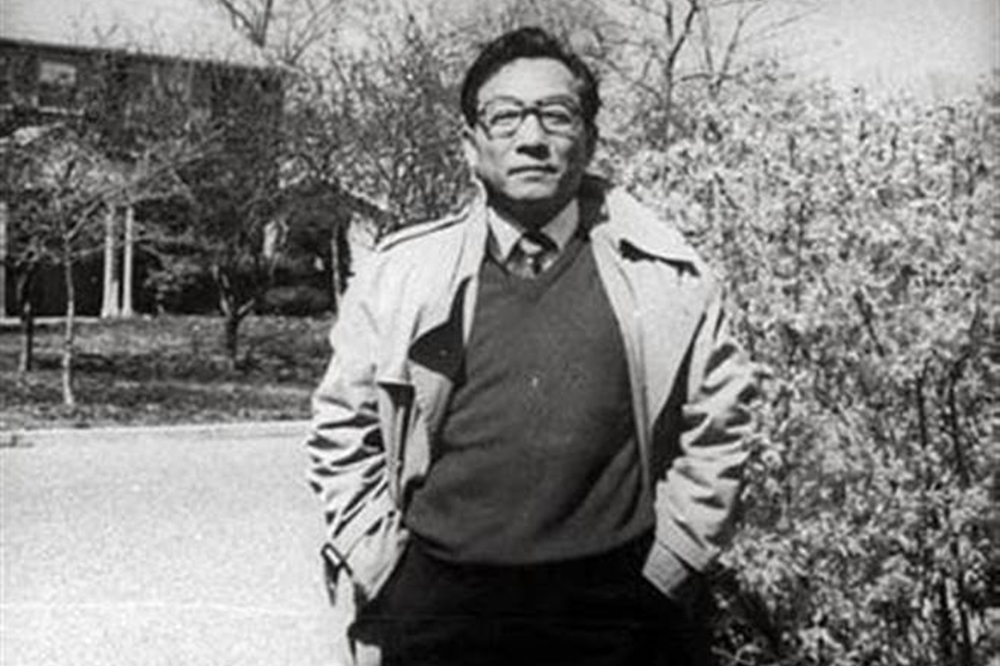Phelim Kine’s China Watcher in Politico this issue features “When Taiwan Assassinated an American Citizen,” drawing attention to the 40th anniversary of Henry Liu’s assassination and underscoring the implications of Taiwan’s authoritarian repression reaching beyond its borders.

Henry Liu
Liu’s assassination in 1984 was a shocking tragedy that jolted the U.S. government into taking a hard look at the repressive actions of Chiang Ching-kuo regime. This authoritarian regime not only suppressed freedoms within Taiwan but also extended its tentacles beyond its borders. Washington demanded that Taipei investigate the case and hold the officials and gang members involved responsible. Vice Admiral Wang Hsi-ling, who ordered Liu’s assassination, was sentenced to life imprisonment, but in reality, he served his sentence in a specially arranged comfortable residence and was granted early release in 1991.
Wang Hsi-ling (middle) sentenced to life imprisonment

The residence where Wang Hsi-ling served his sentence, now part of Jing-Mei White Terror Memorial Park and open to visitors.
Although the punishment was largely symbolic, the case had significant implications for Taiwan’s future democratic developments. The repressive nature of Chiang Ching-kuo’s government was exposed and widely condemned in the United States, which was outraged by this blatant attack on an American citizen and the violation of its sovereignty. As a result, Chiang fell into disgrace with the U.S. government, which intensified pressure for political change in his regime.
Though this incident occurred forty years ago, it vividly exemplifies the dictator’s playbook. Autocratic regimes rarely limit their repression to domestic dissent; their efforts extend beyond borders to silence critics abroad. In today’s interconnected world, the scale and reach of transnational repression have expanded, bolstered by enhanced networks, capabilities, and resources for surveillance, harassment, and coercion. What sustains this phenomenon is the enduring desire of authoritarian rulers to suppress dissent at all costs and evade any challenges to their legitimacy.
